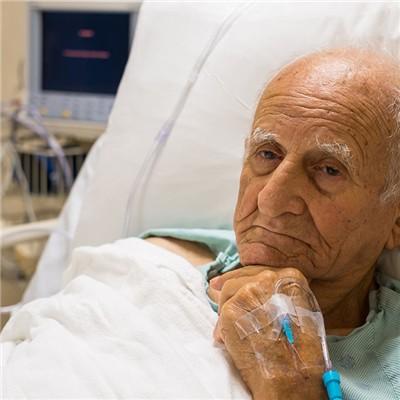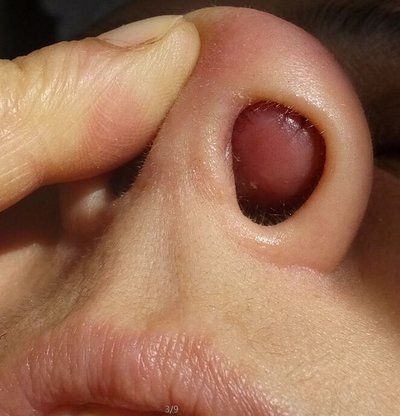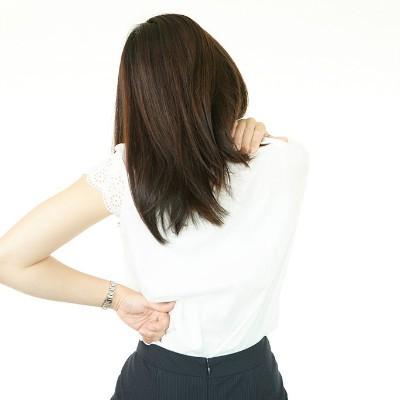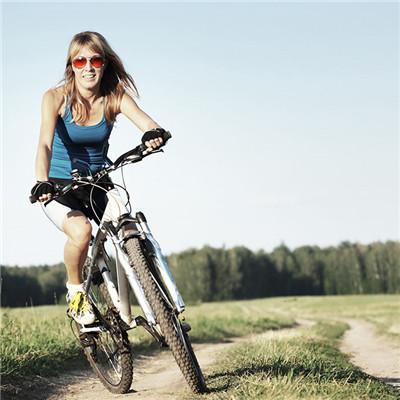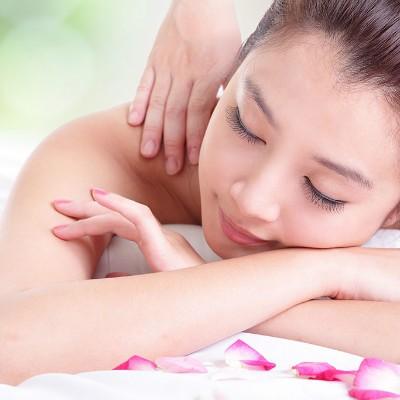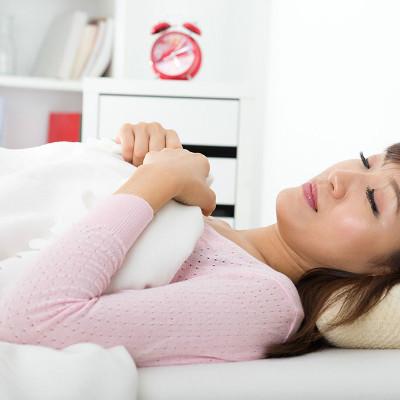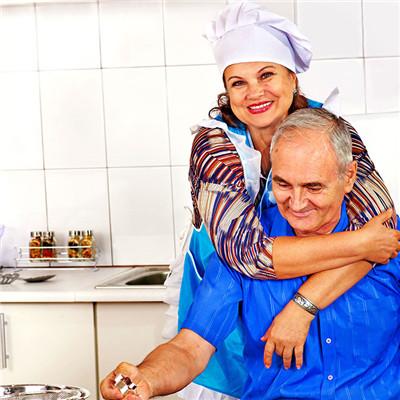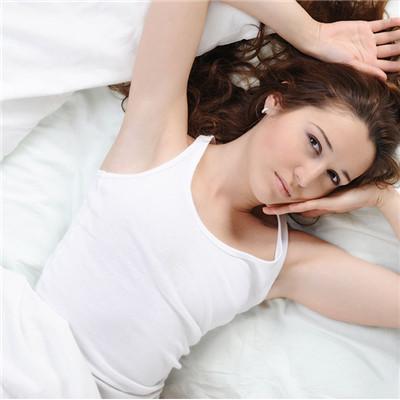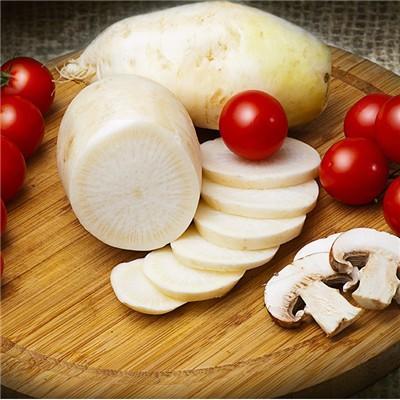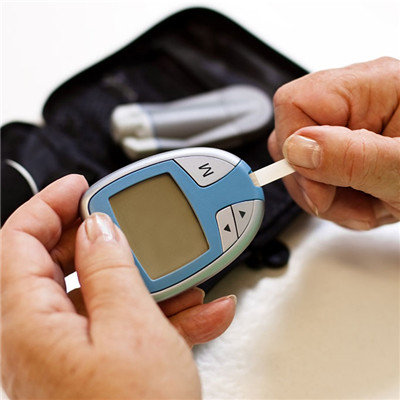Old age skin pruritus symptom?
summary
In the view of traditional Chinese medicine, senile skin pruritus is also called Fengsao itching. After the occurrence of skin pruritus, there is generally no primary skin damage. Traditional Chinese medicine also calls Sao itching as itching wind. Pruritus in the elderly is a common skin disease, which can be divided into systemic or localized skin diseases. Localized skin pruritus generally occurs only in a certain part of the body, for example, it can occur in the anus of the human body, it can also occur in the scrotum of the human body, and it can also occur in the head. Because patients eat some spicy food may also lead to the onset of senile skin pruritus.
Old age skin pruritus symptom?
The skin pruritus of the elderly is often the most itchy in the trunk. After winter, the skin pruritus may be induced by the cold weather. Most of the time of onset is in sleep. There will be obvious pruritus in the patients' legs and buttocks, and sometimes even severe pruritus.
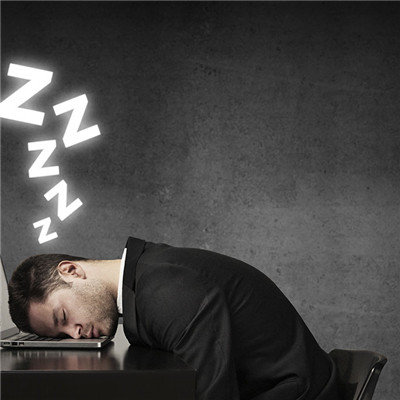
Some elderly patients with pruritus after skin itching may want to scratch, until the skin bleeding will stop. After the onset of the disease, there may be itching in all parts of the body. Local itching may also be transferred from one place to another. Some patients may feel itchy after itching.
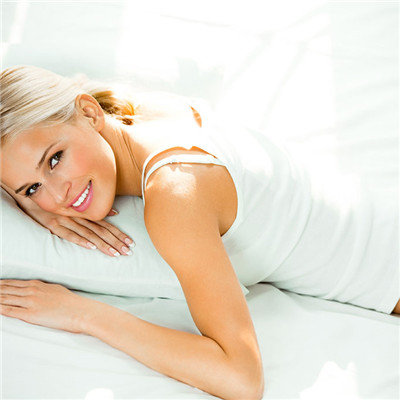
Skin pruritus will aggravate at night. At this time, patients will suffer from insomnia due to skin pruritus, leading to the decline of sleep quality. Often because of long-term itching, the patient's skin will scratch. At the same time, it can be accompanied by eczema like changes, and there may be pigmentation in the affected area.

matters needing attention
For elderly patients with pruritus, it is recommended to use neutral soap bath, bath frequency should not be too much, water temperature should not be too high, generally about 40 ℃ is the best. Do not use hot water bath, bath time should not be too long.
